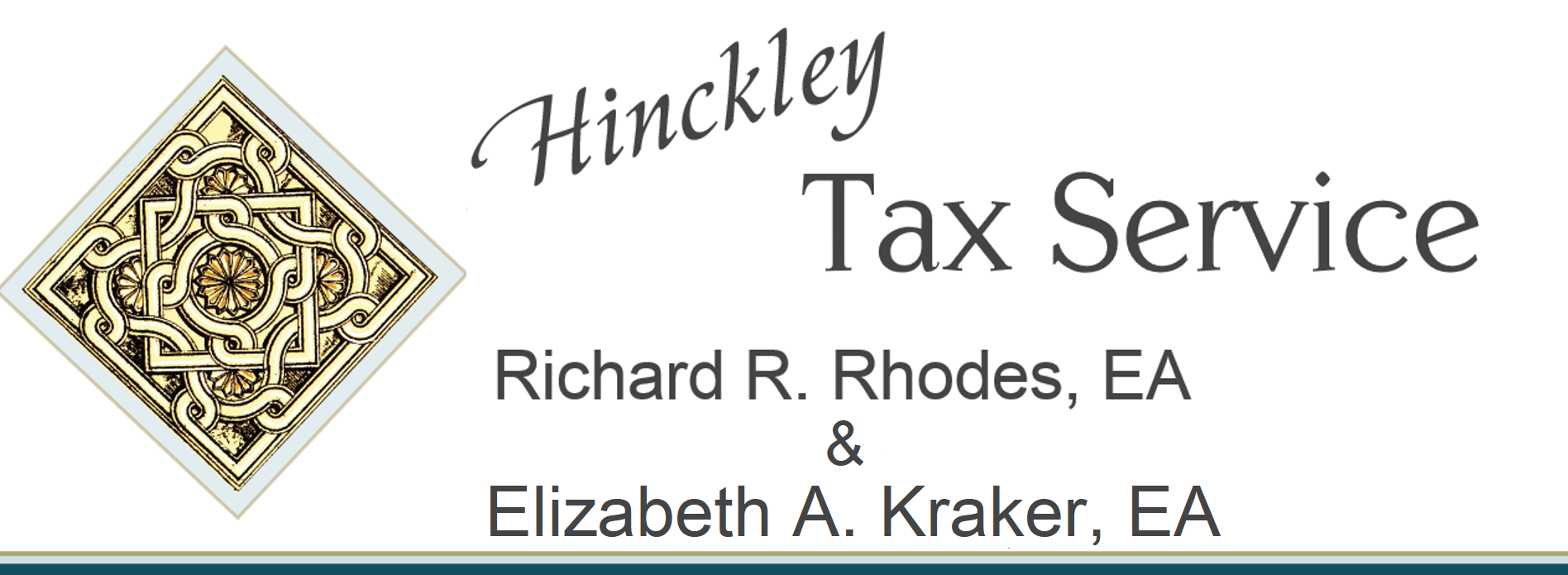These weeks are disjointed, these holiday weeks. As of this writing, there are only three days left in 2020, and this week contains New Year’s Eve and New Year’s Day.
So if you want to make ANY 2020 moves (outside of IRA things, which can be retroactively applied after 12/31), time’s a wastin’.
I hope that by the time you read this, you’ve already made the moves you need to make.
And yes, I will address the new government relief bill that the president did, in fact, just sign on Sunday night.
5,500+ pages … I must confess, I haven’t read it all yet. And the tax and accounting sources I trust and follow are also still digesting it. It will take time (and patience) to break it all down. Please bear with us, as we are quite busy with EOY matters this week.
But there seems to be plenty of good news for regular Cleveland families in there.
Leaving aside the possible inflationary issues, and questions about how all of this will eventually be paid for by taxpayers, the high points are pretty much exactly what I wrote last week, before it had officially been signed.
The quick summary:
- Additional $600 stimulus payments to individuals, and $600 per child (similar income limitations as before) — there is still discussion of yet more … TBD on that
- $284B in more PPP funding
- $300 in federal unemployment supplement, plus extension of earlier unemployment programs that expanded eligibility
- Extension of the special charitable contribution provisions enacted for 2020 through 2021
- Extensions, in some cases permanently, of many tax breaks that had been scheduled to expire on 12/31
- More enhancements to the Child Tax Credit and the Earned Income Tax Credit for low-income families
- COVID-19-related expenses now qualify as “above-the-line” educator expense deductions
But wait … there’s more.
Plenty of what is not-so-affectionately known as “pork” is in there, as well — which was to be expected. These end-of-year bills are always full of random items.
Patience truly does pay off though — don’t make knee-jerk decisions related to the politics of the moment. Wait until legislation has actually passed. And then let’s take our time together to get it right.
If you want to talk, we’re here:
https://hinckleytaxservice.com/%E2%80%8B/schedule-a-call/
But again, have patience. Because of the volume of Cleveland client requests this time of year (on top of family and holiday-related disruptions), we’re not always able to respond as quickly as you might need.
In which case, I’m going to take the quick opportunity in my last Note of 2020 (!) to recap your possible year-end tax moves…
Rich Rhodes’ Very Last Minute Tax Moves for 2020
“We didn’t lose the game; we just ran out of time.” -Vince Lombardi
Because time is short, and some moves do require more than this week to pull off, I’m restricting myself to those tax moves which you can realistically handle before the end of the year (Thursday).
This will be short, and (hopefully) sweet to your wallet…
1) Use Your FSA Funds
Money set aside in a flexible spending account must be spent by the end of the year, else the funds are lost. Some employers allow a 2-and-a-half month grace period. So check with your Cuyahoga County employer to see what your personal deadline is for utilizing your FSA savings.
2) Make an Extra Payment on Your Mortgage
If you own a house with a mortgage, and you can swing the cashflow hit, add an additional payment before year-end, and the interest on that payment will be deductible for 2020. Of course, that means that it WON’T be so for 2021, but perhaps you can use this as an “extra” payment … and get ahead of the escrow game.
3) Make the Switch to a Roth IRA
Roth conversions are taxed in the year the conversion happens. However, Cleveland taxpayers have the option to undo part or all of that conversion by their filing deadline. In order to retroactively undo part of their conversion next year, they first have to convert this year. So if you are on the fence about converting, consider taking the plunge before the end of the year, knowing that you (and/or WE) can re-characterize some or all of the amounts early next year.
4) GIVE
You know how I feel about charitable giving by now (I hope). This week, of course, is a big one for non-profits who are the happy beneficiaries of our last-minute donations. And with the $300 deduction available even for those who take the “standard deduction”, your money goes even farther. Please, if you can, give.
You can pay early on a monthly gift, or give a lump-sum gift. The purpose (aside from the many, many benefits to the organization, and to you, of course), being to knock more income into a different tax bracket perhaps, or to simply cut your tax bill, regardless of the bracket status.
Now, there are plenty of others. But these are the quickest, and the easiesttax moves (aside, perhaps, from the Roth conversion — but that can be done quickly).
Others:
- Max out personal gifts — if you have means, you can give up to $15K tax free to a family member or friend.
- Max out workplace retirement accounts (if you have one).
- Evaluate (quickly) what your income might look like in 2021, and try to accelerate or decelerate any kind of income (that you can control) accordingly.
Hope this helps!
More (much more, especially about the relief bill) in the future … in 2021.
Warmly,
Rich Rhodes
“CRISIS Action Plan” for my Cleveland tax clients and friends — which is still relevant today:
1) Don’t marinate in other people’s panic. Be mindful of your social media consumption.
2) Continue to stay financially and logistically prepared for worsening situations.
3) Make sure you have some ready, liquid assets, if you are able. (I.e., cash in the bank, and in hand.)
4) Set aside plans for any big spending until the dust settles — but especially look out for your small business owner friends and vendors.

